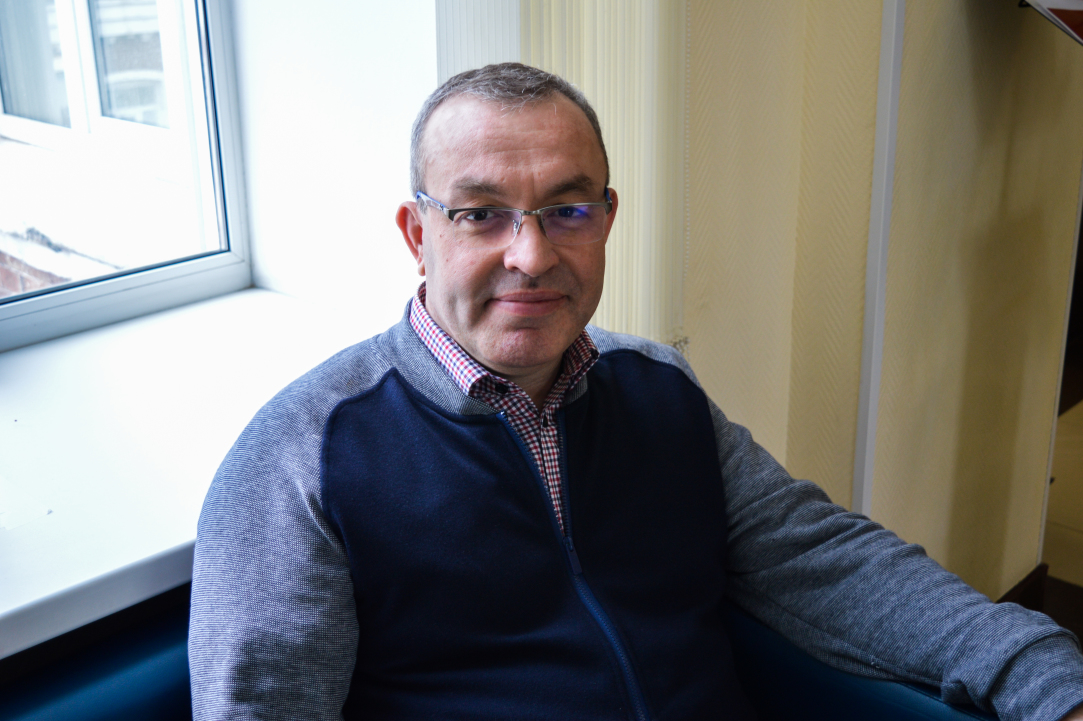On Monday, 5th June, the International Centre for Health Economics, Management, and Policy (CHEMP) at HSE, St. Petersburg held another one of its signature research seminar series. Maria Kaneva, a senior research fellow at the International Centre for Economics of Healthcare and Its Reforms at the Gaidar Institute for Economic Policy in Moscow presented her research study entitled 'Comorbidity and adapting to chronic conditions in Russia’.
Research & Expertise

The latest in a series of student presentations has taken place at the ‘Modern Methods in Humanities’ course with students presenting work carried out with the use of network analysis and graph theory.
Since 2012, the HSE Institute of Education has participated in a large-scale international research project, eduLIFE, which aims to give deeper and more conclusive insights into inequality by tracking education life-courses in modern societies.
On October 9-12, 2017 HSE holds the Second International Conference on Computer Simulation in Physics and beyond. Lev Shchur, the conference organizer, Professor at HSE Tikhonov Moscow Institute of Electronics and Mathematics (MIEM HSE), spoke about the event and its programme.

-хипстер-кеды на траве-pixabay.jpg)
Students from HSE ISSEK, Stanford University, and Rice University have researched how Russia and the US cooperate in cybersecurity and explored the nuances present in the approaches that each country takes in this area, including different understandings of cybersecurity-related terms. The research was conducted in 2016-2017 as part of the Stanford US-Russia Forum (SURF), a programme dedicated to developing US-Russia cooperation. Over a period of 8 months, 30 American and Russian students and young professionals worked on their projects.
In recent discussion on internationalisation, the role of international students as main drivers has been rightly reconsidered. The 12th issue of Higher Education and Beyond addresses the importance of international students for higher educational institutions and the change they bring.
-теракт-финрынок.jpg)
